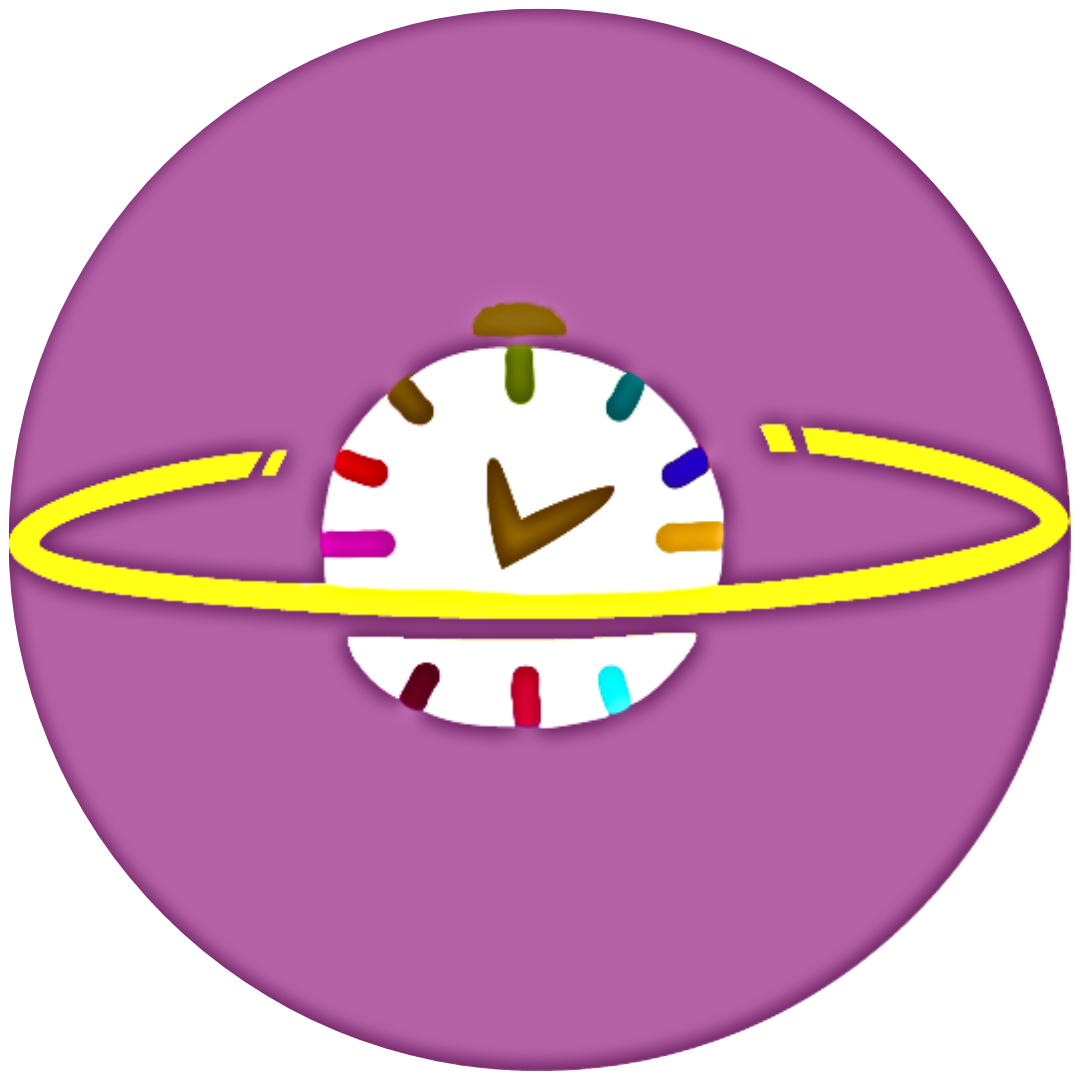
Time richness 🕗 is not only about hitting your goals 🏆, but also about how you generally feel when inhabiting your time: whether you feel stressed out, or unprepared, or you feel there is enough time for you to get ready for things and launch into them from a place of clarity of mind and energy.
Unfortunately, though many of us enjoy feeling prepared for things, we often sabotage that good feeling by cramming in one extra activity, or staying on an activity for too long, to manage to get more done, before going for that next meeting, activity, or the leisure time for which we would like to feel prepared and in an appropriate mood. Time ⏲ itself won't ring a bell in our head to tell us we should stop 🖐 what we are doing and prepare for the next activity. And we won't get extra time to prepare for the next activity just because we wish for it.
It is up to us, if we value our feeling of preparedness enough, to create the buffer time which is necessary for a mind to get in gear ⚙️ and prepare itself for a new activity.
This type of getting prepared can be used for many other things than the next task at work. It can be used for getting up to speed with what is most important for your day, and focusing on it. It can be used to shake the thoughts about your workday, and think about what you would like to do at home with your evening. Most of us use some natural buffer time - like the commute - to think of such things anyway.
However, using buffer time intentionally will allow your mind to catch up with the next task, and put on hold the things from the task before. It will allow you better focus, 🎯 and will make your time feel more spacious. If you are generally a "crammer" with your time (trying to put as many activities in it as you possibly can), do the experiment of taking buffer time for a while, and see what you gain in feelings of wellbeing, versus what you lose in terms of how many tasks you achieved that day.
Most of the time, you will only lose perhaps one or two small tasks compared to a cramming style, but the feeling of well-being and the fact that you will be more resilient 🦾 to work-related tiredness will make it well worth it.
Buffer time allows us to be fully present in what we do, and in a way is the equivalent of leaving spaces between things on our desk. A general feeling of order ensues and becomes part of our routine, replacing hectic feelings of pushing our mind to rush and adapt too fast to the next task at hand.
Buffer time also allows expectation to build up. If you have time to think of what you will be doing next, you also have time to look forward to doing it, rather than feel the next to do things have fallen on your head like big slabs of cement, and you now must sink or swim in your next activity.


